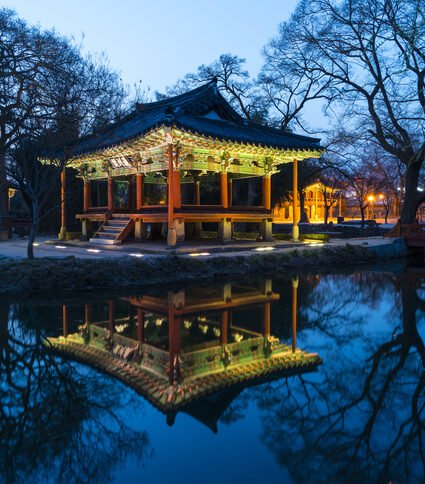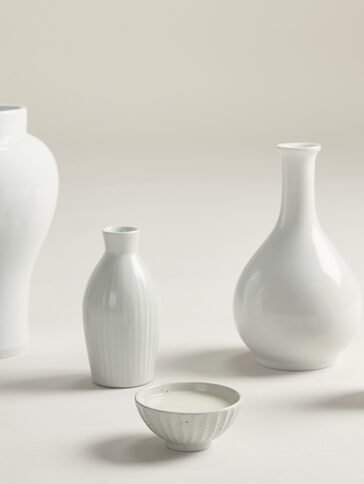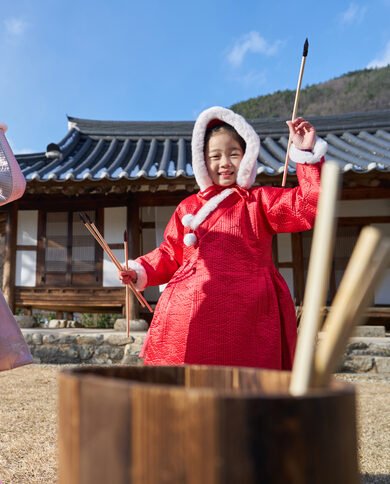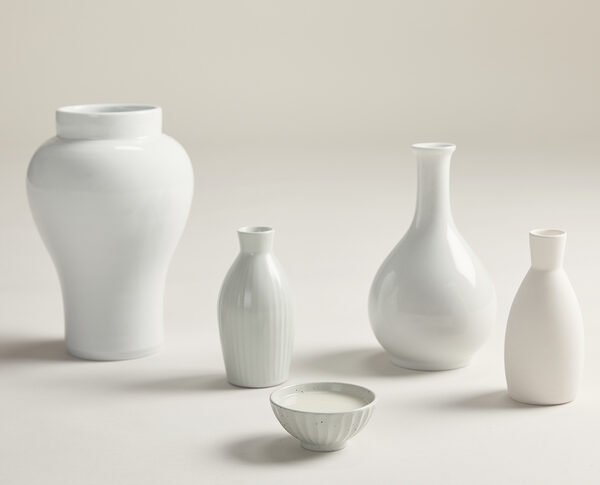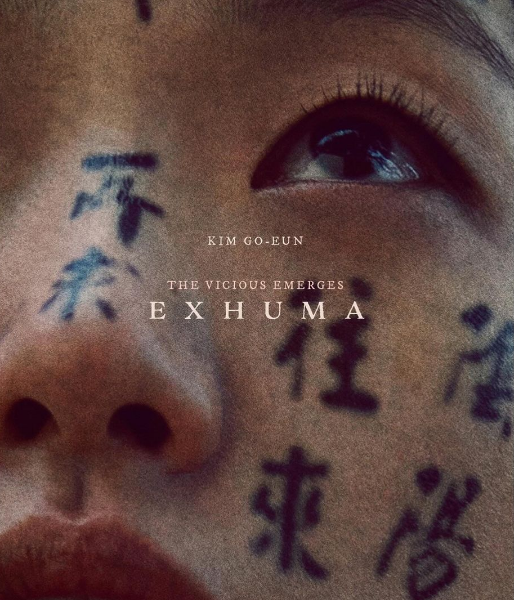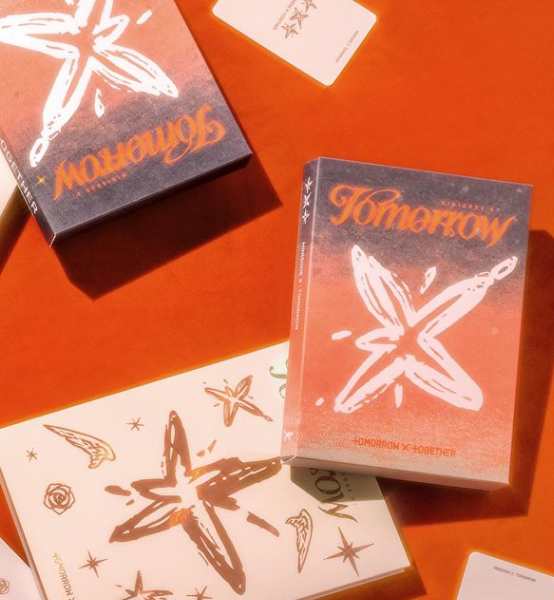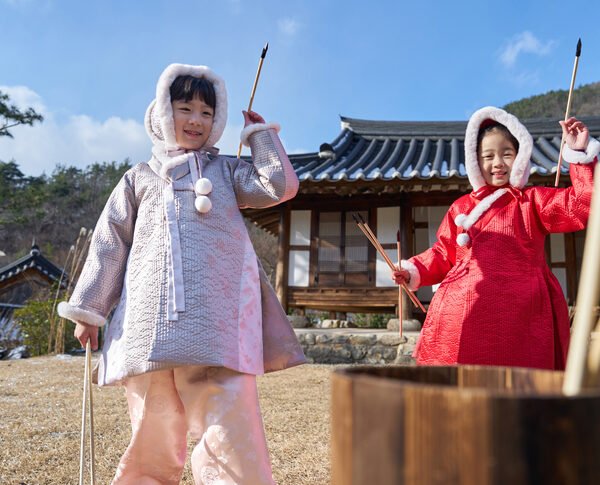The Michelin Guide has revealed its first-ever selection for the city of Busan in South Korea. With 25 selected restaurants, 15 Bib Gourmand establishments, and three one-starred restaurants, Busan now joins Seoul as the second Korean city to be featured in the prestigious culinary guide. The Michelin Guide’s annual event held in Busan showcased the culinary talents of the city and recognized its unique and diverse food culture. Despite initial perceptions that Busan lacked fine dining options, the guide’s anonymous inspectors found exceptional culinary experiences that showcase the city’s rich gastronomic heritage. This recognition is expected to further boost the growth and development of Busan as a world-class culinary destination.
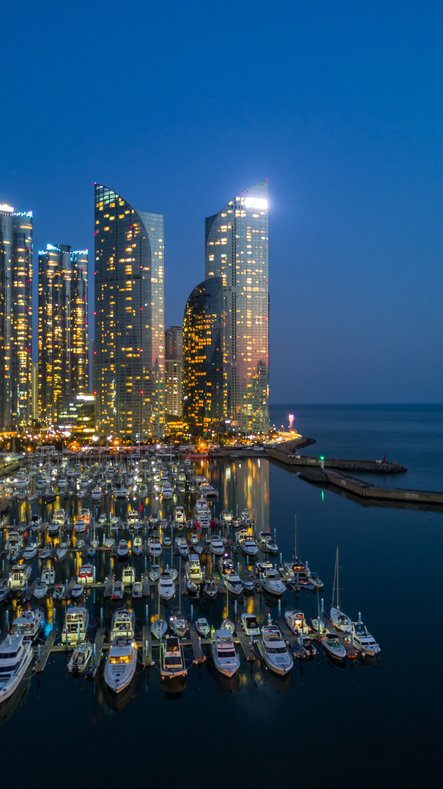
Overview of Michelin Guide Busan Selections
The Michelin Guide Busan has recently unveiled its inaugural selection of restaurants in the city. There are a total of 25 selected restaurants, 15 Bib Gourmand establishments, and 3 one-starred restaurants in Busan.
Introduction to the Michelin Guide Busan
The Michelin Guide holds great significance in the culinary industry, as it is considered one of the most prestigious restaurant guides in the world. It serves as a benchmark for culinary excellence and is highly respected by chefs and food enthusiasts alike. The expansion of the Michelin Guide to Busan showcases the city’s growing culinary scene and provides a platform for local restaurants to gain international recognition.
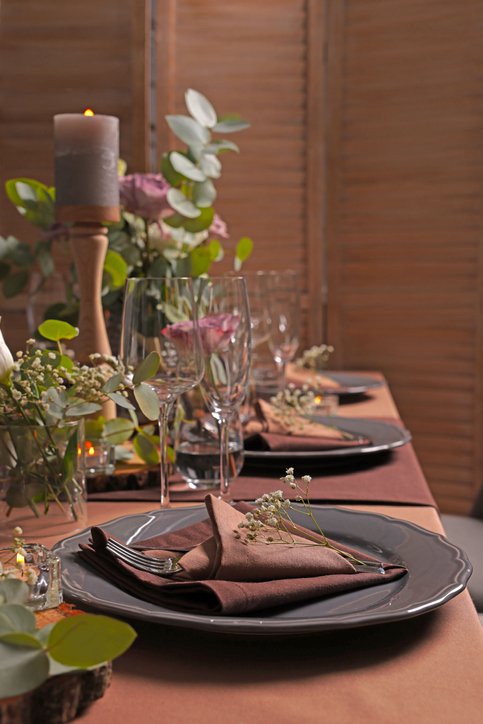
Jerome Vincon’s Opening Speech
In his opening speech, Jerome Vincon, the Managing Director of Michelin Korea, highlighted the development of the culinary scene in Busan. He emphasized the impact of the Michelin Guide on attracting international tourists and foodies to the city, further promoting Busan as a culinary destination.
Unique Culinary Diversity in Busan
Busan offers a unique culinary experience due to its blend of food cultures from eight different provinces throughout Korea. This diversity stems from the city’s historical background of embracing Korean War refugees, who brought their regional cuisines with them. The integration of these food cultures has created a vibrant and diverse culinary landscape in Busan.
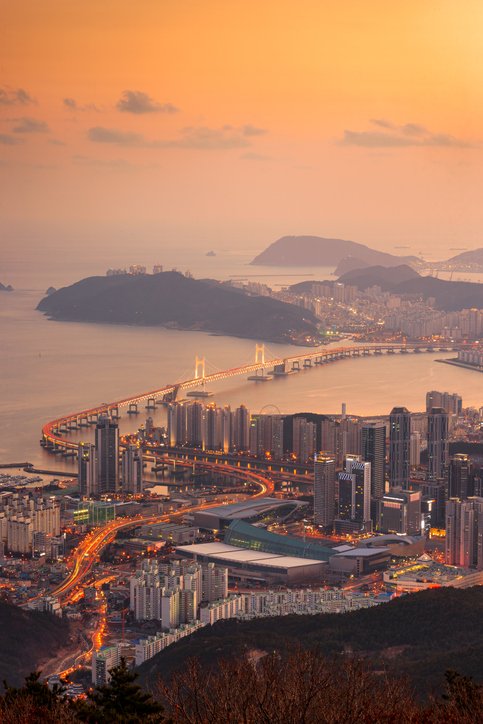
Evaluation Criteria of the Michelin Guide
The Michelin Guide evaluates restaurants based on several criteria, including the quality of ingredients, mastery of cooking techniques, harmony of flavors, and the personality of the chef as reflected in the cuisine. Additionally, consistency over time and across the entire menu is also considered. These criteria ensure that only the finest establishments receive recognition from the Michelin Guide.
One-Star Recognitions in Busan
Despite the challenges, three restaurants in Busan have received one-star recognition from the Michelin Guide. Palate, located in Nam District, and Fiotto and Mori, both located in Haeundae District, have been acknowledged for their culinary excellence. These restaurants have demonstrated exceptional quality in their ingredients, mastery of cooking techniques, harmony of flavors, and consistency in their menus.
Palate
Palate is a creative and avant-garde French restaurant that reflects Chef Jaehoon Kim’s diverse culinary experience and innovative approach. Since opening a restaurant in his hometown of Busan, Chef Jaehoon Kim has continued to introduce experimental dishes while injecting freshness into the restaurant’s concept. The picturesque city views, including Yonghoman Pier and Gwangan Bridge, create great appeal as a great partner for Palette.
Adress : 66-30, Bunpo-ro, Nam-gu, Busan, Republic of Korea
Tel : 051-626-2364
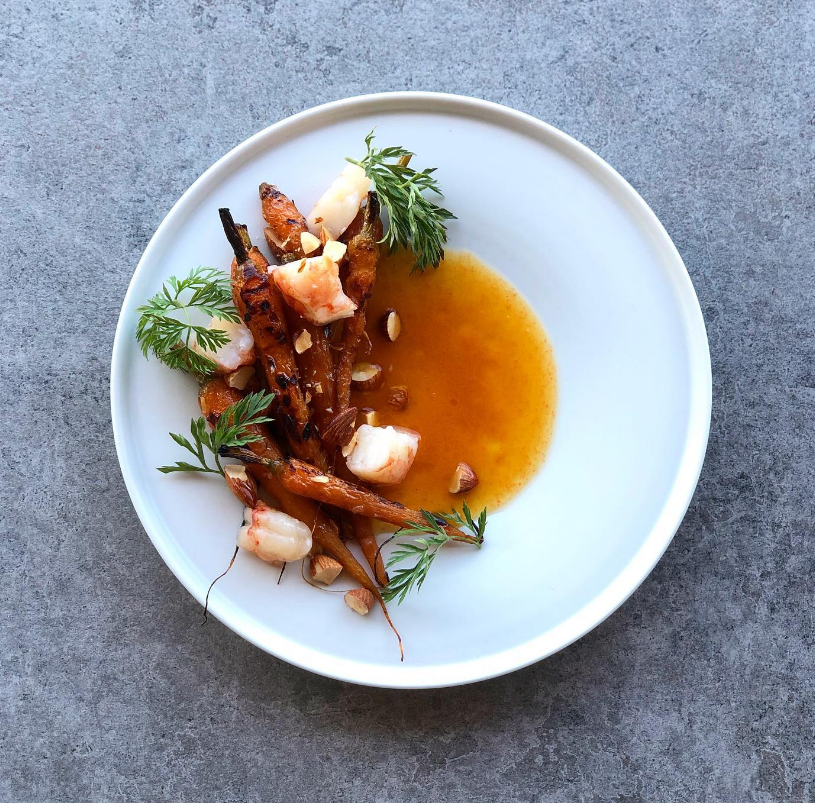
Fiotto
Fiotto, located at Dalmaji Hill, is a bistro run by a husband and wife team that specializes in homemade pasta dishes using Korean ingredients. Although they only focus on pasta, the variety of flavors their dishes offer is very satisfying. We present dishes based on ingredients from all over the country rather than chemical seasonings and industrial products that bring out the natural taste of the ingredients, and we prioritize home-made or locally sourced ingredients to create a unique and sustainable dining experience.
Adress : 432, Jwadongsunhwan-ro, Haeundae-gu, Busan, Republic of Korea
Tel : 0507-1349-1045
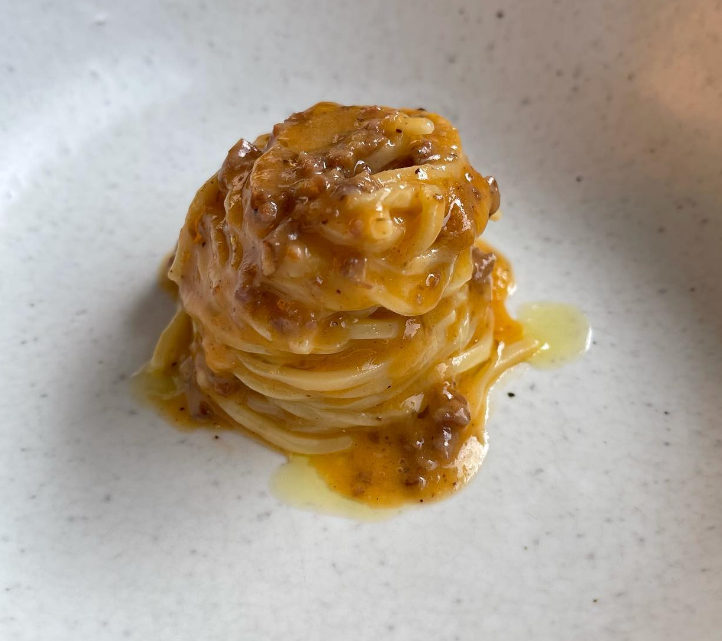
Mori
Mori, run by Japanese-trained chef Wan-gyu Kim and his Japanese wife, serves excellent, authentic Japanese kaiseki cuisine with beautiful ocean views of Busan. Chef Wan-gyu Kim skillfully prepares delicate dishes using fresh seafood and seasonal produce from Busan, demonstrating his amazing culinary balance and rhythm. You can taste authentic Japanese cuisine in a cozy atmosphere enhanced by the chef’s meticulous cooking and the wife’s attentive service.
Adress : 24, Haeundaehaebyeon-ro 298beon-gil, Haeundae-gu, Busan, Republic of Korea
Tel : 0507-1349-9891
Bib Gourmand Selections in Busan
The Michelin Guide also recognizes restaurants that offer refined cuisine at affordable prices with its Bib Gourmand category. This year, Busan has 15 establishments that have received this distinction. These restaurants provide high-quality dining experiences at reasonable prices, making them a popular choice among locals and visitors alike. Examples of the regional delicacies included in the Bib Gourmand selection are naengmyeon (cold noodles) with a North Korean origin and pork rice soup, which has its roots in wartime culinary traditions.
Additional One-Starred Restaurants in Seoul
In addition to the selections in Busan, the Michelin Guide has also designated two one-starred restaurants in Seoul. Vinho and L’impression, both located in the Gangnam District, have been recognized for their culinary excellence. Haobin, situated at the Ambassador Seoul Pullman Hotel, is another one-starred restaurant that has joined the list. These restaurants have shown exceptional quality, mastery of cooking techniques, and the harmony of flavors in their dishes.
Two-Star Recognitions in Seoul
Finally, the Michelin Guide has awarded two-star recognition to two establishments in Seoul’s Gangnam District. Mitou and Restaurant Allen have demonstrated outstanding culinary talents, exceptional quality, and mastery of cooking techniques. These restaurants offer a fine dining experience that is highly regarded by both locals and international visitors.
In conclusion, the Michelin Guide’s inaugural selection in Busan and its continued recognition in Seoul showcase the culinary excellence found in these cities. The guide serves as a valuable resource for both tourists and locals, providing them with insights into the best dining experiences in the region. The recognition by the Michelin Guide not only brings prestige to the selected restaurants but also contributes to the growth of the culinary industry and tourism in Busan and Seoul.

